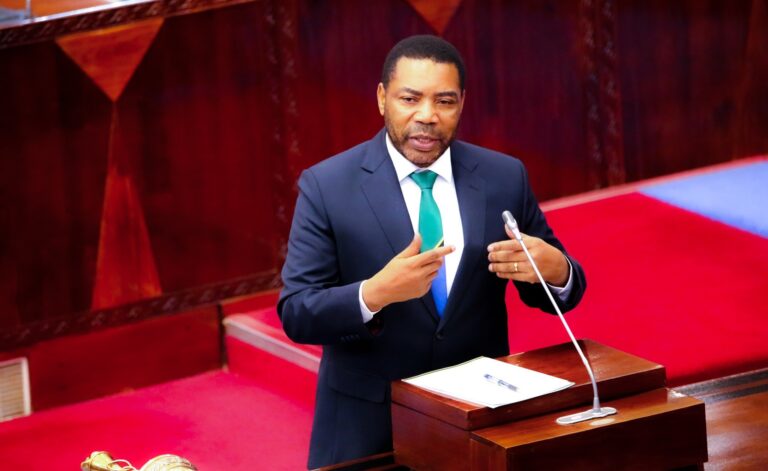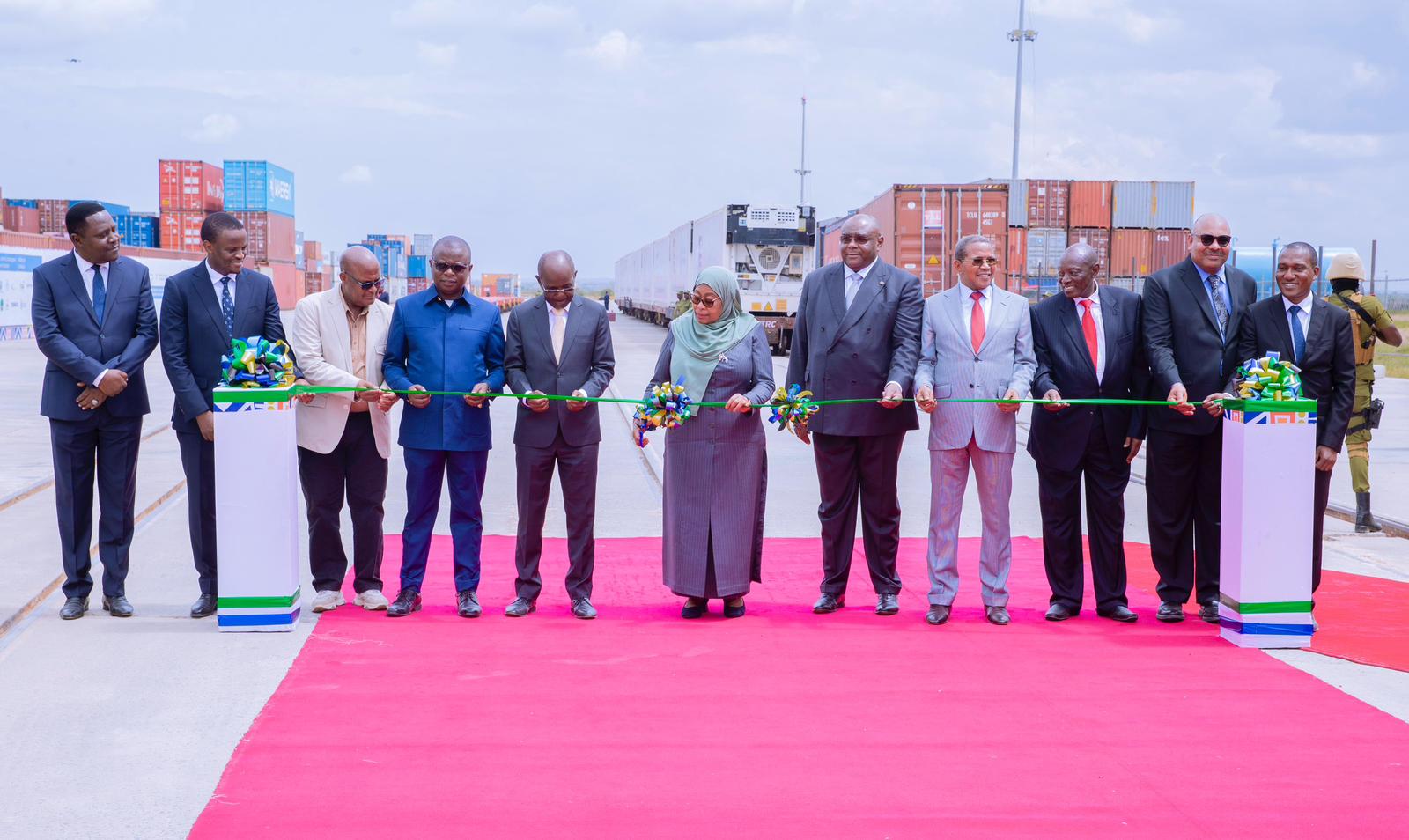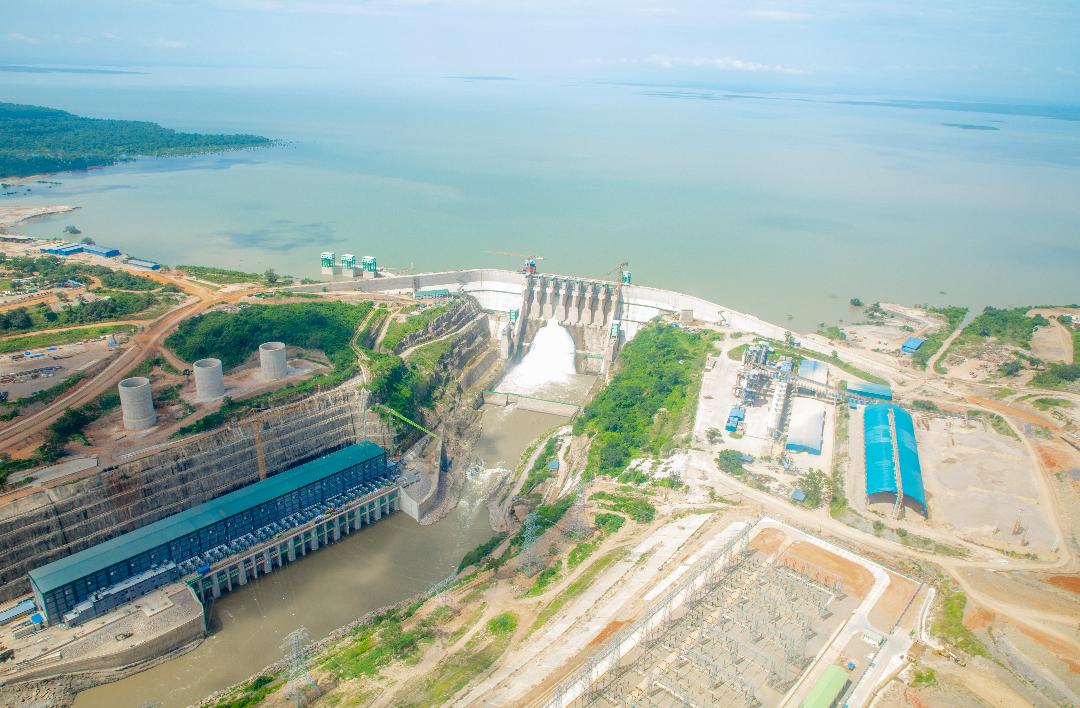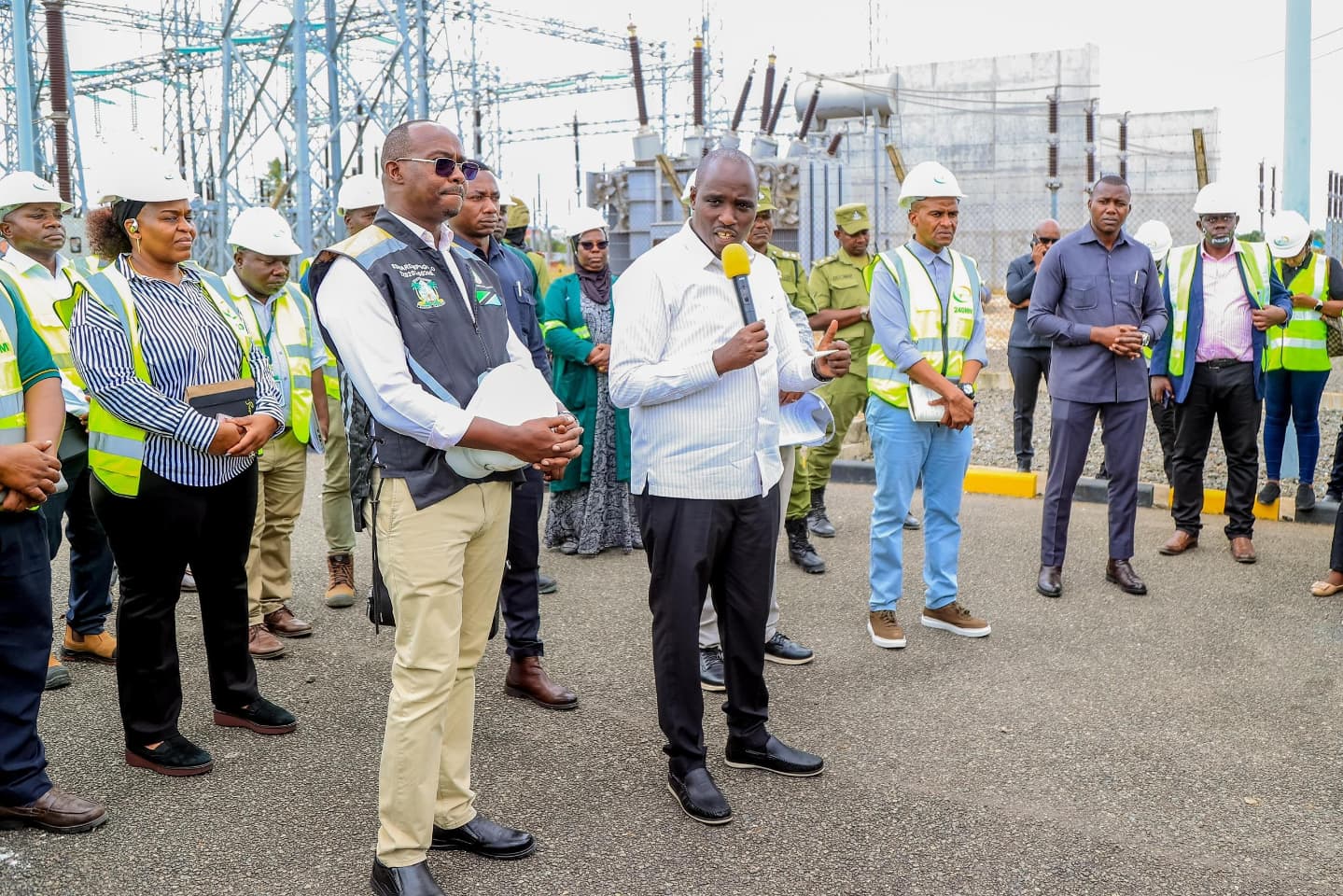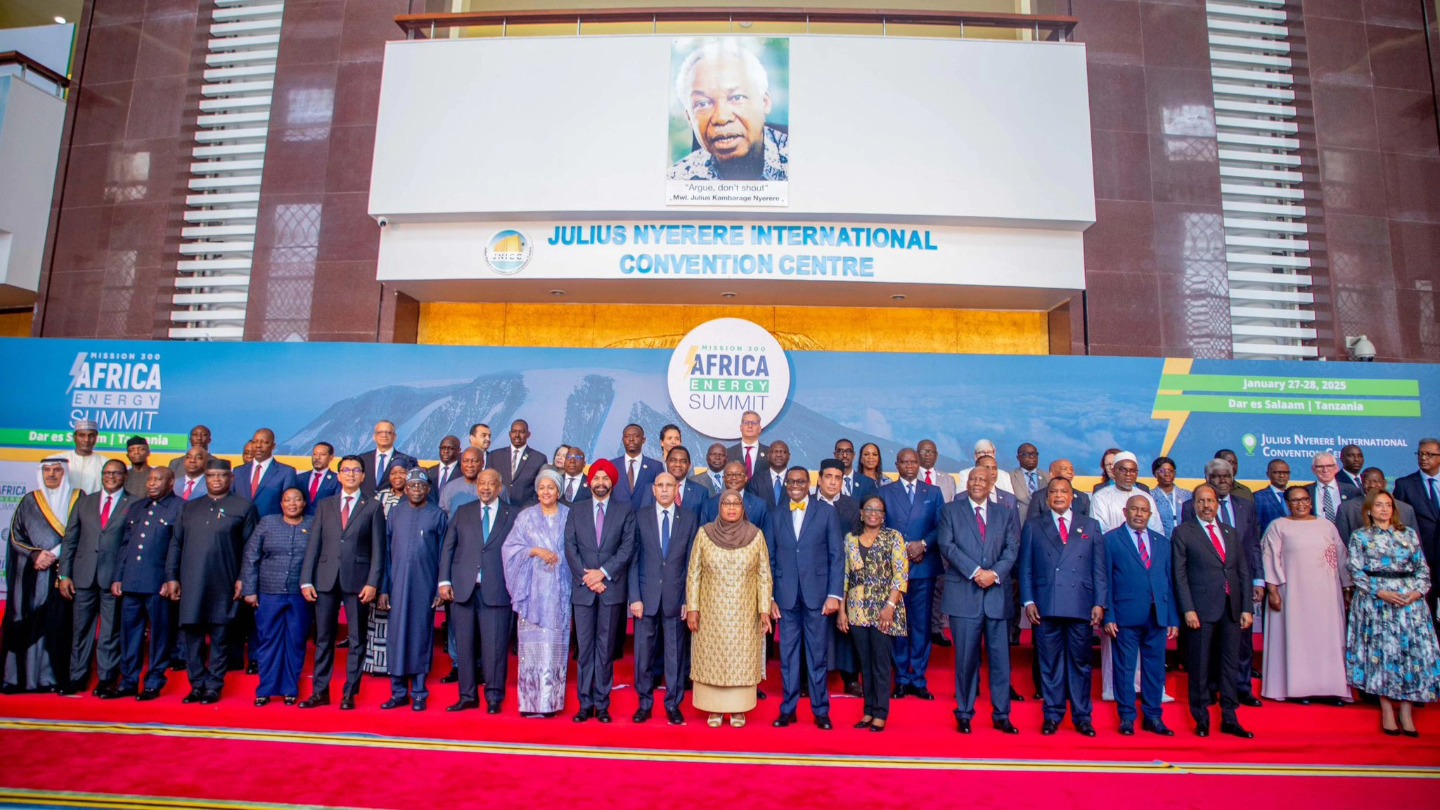Dodoma. The government has clarified that there have been no direct budgetary implications resulting from former US President Donald Trump’s executive orders to halt development aid to Tanzania.
Responding to a supplementary question in Parliament from Moshi Rural MP, Prof Patrick Alois Ndakidemi, who sought to know the extent to which Trump’s executive decisions to suspend aid had affected ongoing projects in the country the minister for Finance, Dr Mwigulu Nchemba, said Tanzania did not have a government-to-government financial arrangement with the US for development projects.
US support was channelled through its agencies, which in turn collaborated with various Tanzanian institutions, he noted.
“With regard to institutions that were receiving funds from US agencies, the government has already conducted an assessment—not only in response to the US pronouncement, but as part of a broader review of development partner support—and has begun taking appropriate steps,” Dr Nchemba said.
He noted that while, in the past, some aid funds were directly integrated into the development budget, the government now implements projects using domestically generated funds to bridge gaps previously covered by donor contributions.
Dr Nchemba said the government has revised its current budget allocations in light of recent foreign policy shifts by some development partners, securing over Sh220 billion to address shortfalls in priority sectors, including the health sector, which has received over Sh88 billion to ensure continuity of essential programmes.
He added that following the recent assessment, the government remains committed to continuing development projects that were previously supported by development partners, to safeguard service delivery and citizens’ livelihoods from policy shifts by any particular donor.
Responding to a principal question on the government’s preparedness to cope with changes in foreign aid policies by wealthy nations, Dr Nchemba said efforts to raise domestic revenues were ongoing, with the aim of financing a substantial share of the national budget through local resources.
He said recognising the importance of meeting the country’s fiscal needs—particularly the financing of development projects—the government would continue to promote private sector involvement through alternative financing models, including public-private partnerships.
According to Dr Nchemba, this approach would ease pressure on the government to borrow for development purposes and reduce over-reliance on donor funding.

